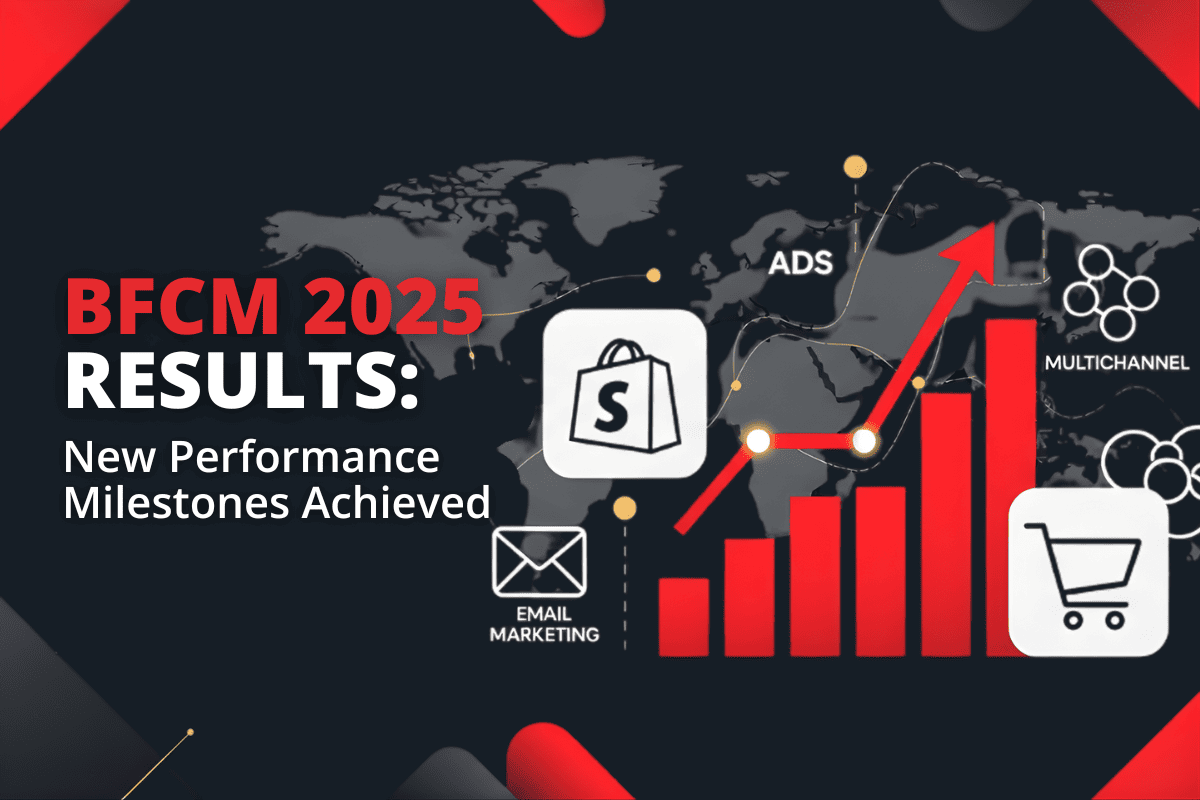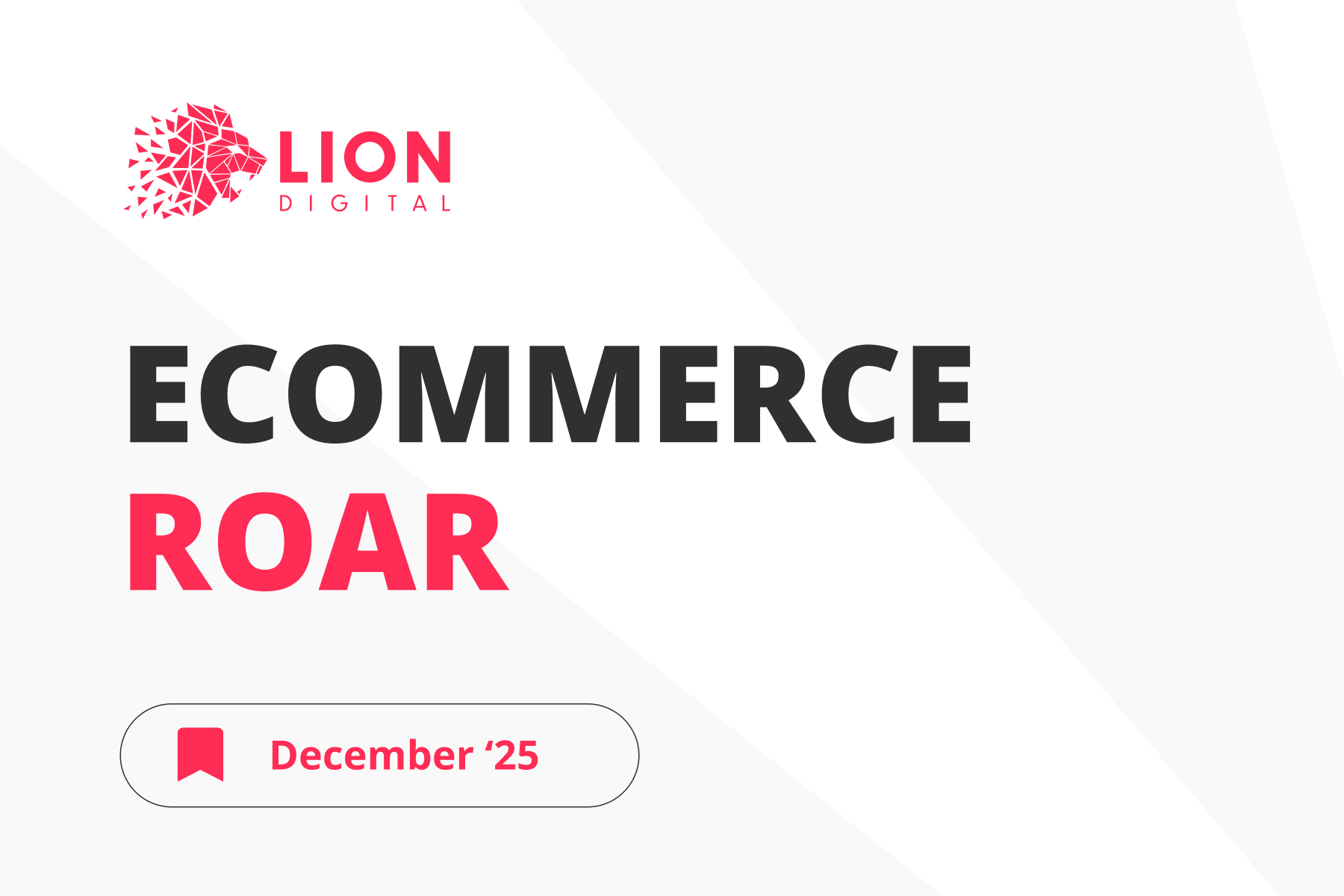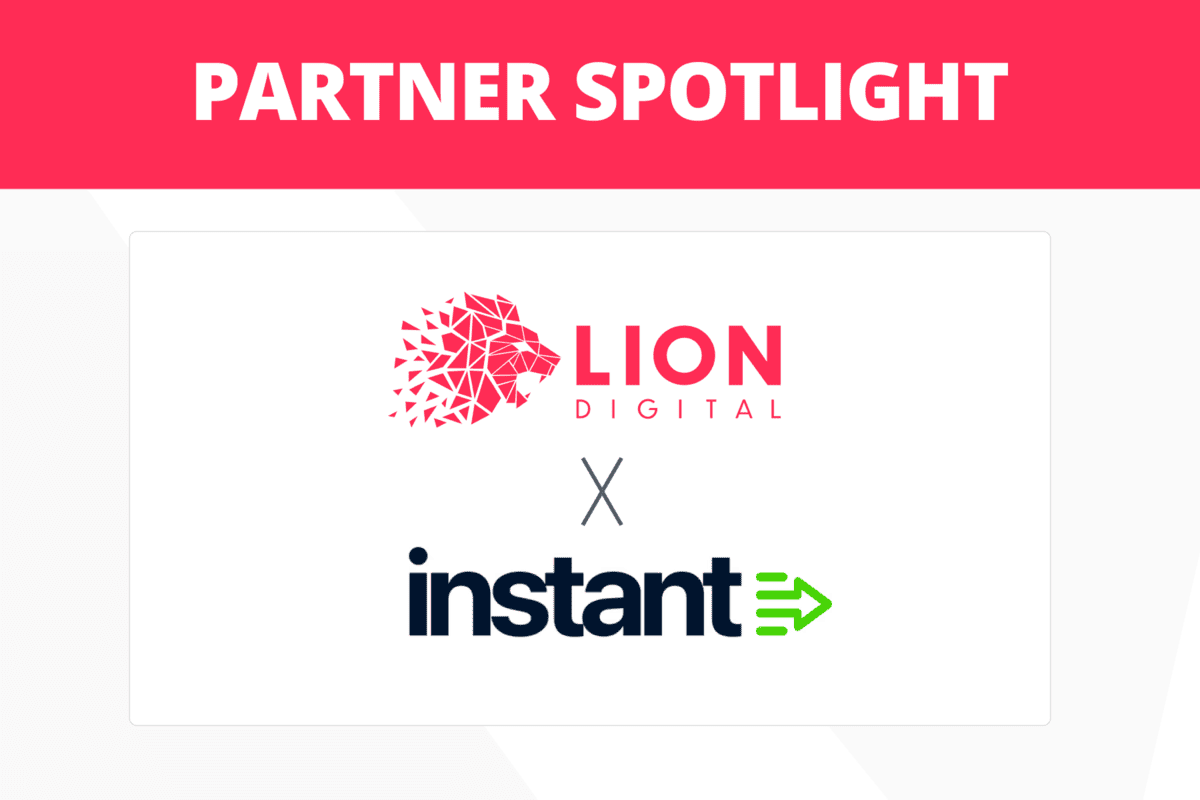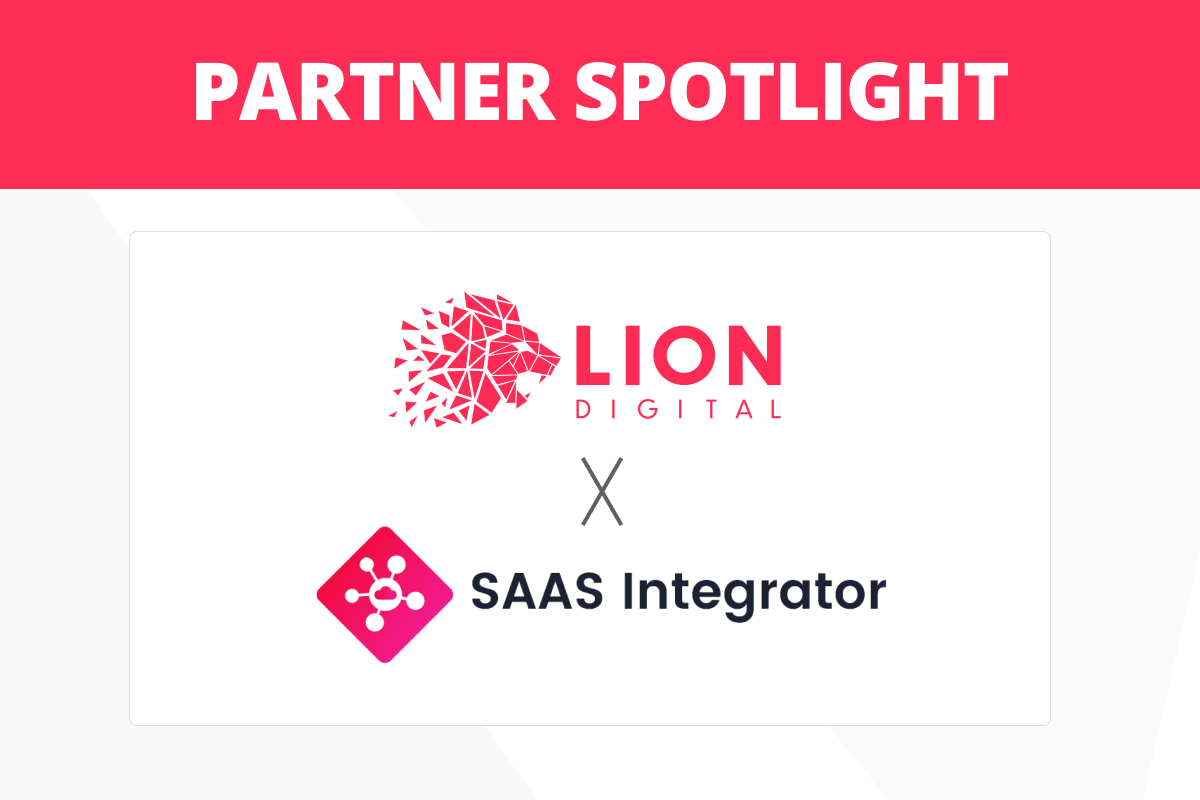
Is SEO just another constraint?
(0:59) MARTIN: So you are saying that for you as a web developer, SEO is just another constraint. What do you mean by that?
SURMA: I mean, as web developers, as far as web development goes, we and I are pretending to be a representative of all web developers, which I’m clearly not. But the usual struggle involves stuff like, how many browsers do I support, or how far back in the browser versions do I go? Do I support IE11? Do I not support IE11? How do I polyfill certain things? Do I polyfill them, or do I use progressive enhancement? What kind of implications do both of these choices have? Do we actually make design fully responsive? Do we do a separate mobile site? Like, there are all these choices that I already have to make. Four and then now frameworks come along and are like; we’re just going to do most of the stuff on the client-side because we want to write a single-page app. And then you either have to say, do I set up something for server-side rendering or static rendering and build time, or do I go all-in on the single-page app, and just everything happens on the client? What do search engines think about that? And then search engines come in like, well, you should be doing this, and you should not be doing that because that gets penalised. And actually, we don’t even understand what you’re doing here because search engines are running Chrome 12 or something. And it’s just like it’s yet another constraint that I have to balance and make decisions on whether following their restrictions is more important or following my business restrictions, my marketing restrictions, or my project management restrictions. And I feel like some people are frustrated about that sometimes.
MARTIN: I remember when I was a web developer, there’s also this entire user first no, mobile-first, no, content first, no this first, no, that first. That’s probably also going in the same direction, and I understand the frustration. And I see that there are lots of requirements, and sometimes these requirements might even contradict each other. But I think as developers, we should understand what SEOs are trying to help us with and what search engines, separately from what we are building and doing, are actually trying to accomplish. And then we would see that it’s basically all of these requirements are important, but maybe some of them are more important than others, and they are important in different stages, I would say. So, for instance, you mentioned mobile-first versus or a responsive design versus having separate versions, right? I would say that’s a decision that you need to make relatively early on, right? In the technology process before you, yeah, whereas then should I use this feature, should I polyfill this feature, should I not use this feature because I need to support an old browser that doesn’t support it, and the polyfill is tricky, that’s something that probably happens a little later in development, right?
SURMA: Yeah, I think I agree with that. It depends on how much flexibility you’re given as a developer. I think we all may or may not have lived through the experience of working with a designer who insists on a pixel perfect design, which is just not something that works on the web, but sometimes, you’re given a task, and your job is to complete it and not have an opinion. I don’t want to go down. It depends on the route. But in the end, we won’t get whatever we end up talking about. We probably won’t find a definitive answer. Like context matters, and everyone has different constraints. And I think that’s really what it’s about that you need to just be aware of the constraints that you have and make decisions in the context of your situation.
SEO – friend, not foe
(04:41) SURMA: You mentioned something that I find quite interesting. You said SEOs are trying to help us with something because often they’re kind of like villains, almost like the people who just try to get you to the top of the rankings, whether you deserve it or not. But in the end, I feel like there is help going on. Both search engines, as well as the people that want you to do well in the search results, actually are trying to make your site better in the end. Like no search engine actually wants to give you results that are bad. That just doesn’t make sense. In the end, search engines are trying to put the best results on top. And if an SEO helps you get on top, then ideally, what that means is your site has gotten better.
MARTIN: Yes, exactly. And I love that you are saying, like, oh yeah, you have to look at the context. You have to understand the constraints. And that’s actually something that a good SEO will help you with because if you look at it from a purely SEO standpoint, depending on what you’re building and how you’re building it, you might have different priorities. So, for instance, if you’re saying, oh, this is a test version of a landing page. We just want to see if the customer segment is even interested in what we are potentially building later on, and you don’t want to build for the bin, right? You don’t want to build something that then, later on, you find out doesn’t actually work because there’s no interest in it. So then, for these things, SEO might be relatively important because you definitely want people to find that so that you get enough data on making decisions later on. But you might not be so constrained in terms of oh, yeah, this has to be client-side versus server-side. We don’t really have to make this super fast. We just have to get this into people’s faces, especially through search engines, so that we get some meaningful data to make decisions later on, versus you’re building and improving on an existing product, and that should belong evitable.
Building better websites for everyone
(6:33) MARTIN: So, a good SEO helps you understand what kind of requirements you should take into account. And SEO is a gigantic field, and they should pick the bits and pieces that actually matter for your specific context. So you said like, oh, we want to build a single page application. Maybe. Maybe you do, maybe you don’t. Maybe it’s fine to build a client-side rendering, but maybe consider doing some bits and pieces of server-side rendering because you reap some performance benefits there. And that also influences SEO because, as you say, search engines want to find the good things. So making your site better includes making it faster but also making it accessible because if you think about it, search engines are computers interacting with your website, working through your website and trying to understand what your website says. So they have basic accessibility needs. They don’t necessarily interact with things. They don’t click on stuff. And yet they need to work with your content. So it should be accessible to them. And SEOs will point these things out.
SURMA: That’s really interesting that you bring that up because I was just thinking about both performance, like loading performance, for example, and accessibility. So, on the one hand, it’s kind of accepted that loading performance is important. But now that, for example, we have Core Web Vitals. And one of the core ones of their core statements is that they don’t want to just put a number on a metric or something that’s measurable. They want to measure things that are important to user experience. And so the Core Web Vitals that we currently have, which is just three metrics, LCP, CLS, and FID, right. All of these are statistically correlated to users enjoying the site more or staying on your site longer. And that means if you optimise for those, you actually will get something out of that. You will get users that stay longer. And now that search is looking into those, it means optimising for those metrics not only gets you higher in the rankings potentially but also the people that do see your site will most likely stay longer or engage with it more because we know that these metrics correlate with user behaviour. And I think that’s a really interesting approach, wherein, in the end, actually search engines are helping you do the right thing. And now I’m wondering which I don’t even know like accessibility is something, which we keep talking about, and we know it’s important. And yet it feels like it always falls off the truck. In many projects, it’s an afterthought, and many people know that it needs to be something that needs to be considered from the very beginning of a project because it’s hard to shoehorn in at the end. It needs to be something that works from the start. Has any search engine ever done anything in this space to help developers be better with accessibility?
MARTIN: We are more or less going in that direction, not necessarily from a purely accessible standpoint, but as search engines need to semantically understand what the site is about, we just don’t take the text and take it as plain. We basically try to figure out, oh, so this is a section, this is a section, this is the section that is most important on the page. This is just an explainer for the previous section and so on and so forth. For that, we need the semantics that HTML gives us. And actually, these semantics are also important for accessibility oftentimes because people need to be able to navigate your content differently, maybe with a keyboard, maybe with a screen reader. And for that, the semantics on the page need to be in place from the get-go, basically. So in that direction, having better semantics does help search engines better understand your content and, as a byproduct, also help people better navigate your content who have additional navigational needs. So you could say search engines are a little involved in terms of accessibility. That does not cover accessibility as a whole. There is so much more to accessibility than just that. But at least in the core of the semantics on the web, that is taken care of here.
Keeping up with web development trends is important for SEOs
(10:37) MARTIN: Another thing that I really found interesting is where you say, oh, you know, SEOs are often seen as just coming with all of these additional constraints and requirements. What is there that they could do differently that you would think would help you and other developers understand where they’re coming from or have a meaningful discussion about these things and turn that into a positive, constructive input?
SURMA: I don’t know if this is the answer you’re looking for, but one thing I have seen is that some SEOs need to put a bit more effort into being up to date on what is good and what is not good guidance, or more specifically, what search engines are and are not capable of processing correctly. I think– I know that you have been fighting the no, no JavaScript is the fine fight for a long time now, but I think to this day, there are still some SEOs out there who insist that anything that is in JavaScript is invisible to the search engine. I think in general, I think it goes back to the trade-off thing, where I think web developers need to realise that SEOs are trying to help you be better, and SEOs need to realise that that they can’t give advice as a either you do this, or you’re screwed kind of approach. Like, it’s a trade-off. You can say that this is one way where you can make a site better. This is another way, and this is yet another thing you can do. And all of these things will accumulate to make your site better, ideally resulting in giving you a higher rank. But it’s not like an all or nothing approach, I think. Sometimes certain constraints just outweigh other constraints, and you then make a decision to go with plan A rather than plan B or stick to what you currently got. We have recently seen a lot of shifts from purely client-side up to like this hybrid approach, where the app is rendered on the server-side or even at build time but then turns into a single page app once loaded onto the client, and that has upsides, and it has downsides. Like we know that statically rendered content is very good for your first render, your largest loading time, that all goes down. But now we have this additional blob of JavaScript state that is somehow inserted into the document, and then often, the full dynamic client-side re-render happens, which can create an iffy user experience at times. And all these things are working for or against you in certain aspects. And I think that’s just something that the SEOs need to be mindful of as well, that the developer cannot just follow everything that they say because they’re different; they’re not the only deciding force on a project. I’m not saying that all SEOs behave like this, of course, because I’m honestly quite inexperienced in working with an SEO directly. But just based on stories that I hear and people that I see on Twitter, it’s all a trade-off. And I think people need just to realise that everyone is in 90% of the cases trying to do the best they can and do their job well. And just keep that in mind. And then probably find a solution that works for both or is a compromise.
Change your perspective
(13:57) MARTIN: Yeah. No, that makes perfect sense. And I wish that both SEOs and developers would look at it from a different perspective. Like both SEOs and developers want to build something that people are using, right? You don’t want to build something and no one uses it. That’s neither going to pay your bills very long. Nor is it making you happy to see like, oh, yeah, we built something that helps many people. That’s true for me. When I was a developer, I wanted to build things that have an impact, and that means that they need to be used by someone. And if we are building something that we genuinely are convinced is a good thing, then that should be reflected by the fact that search engines would agree on that and say like, oh, yeah, this is a good solution to this problem or this challenge that people might face and thus want to showcase your solution basically. But for that, there needs to be something that search engines can grasp and understand and look at and put into their index accordingly. So basically, they need to understand what is the page about, what it offers the users, is it fast, is it slow, is it mobile-friendly, all these kinds of things. And SEOs are then the ones who are– because you as a developer are focused on making it work in all the browsers that it needs to work in, making it fast, using all the best practices, using tree shaking, bundle splitting, all that kind of stuff. And then SEOs come in and help you make sure that search engines understand what you’re building and can access what you’re building and that you are following the few best practices that you might not necessarily be aware of yet. But you are right. For that, SEOs need to follow up-to-date best practice guidance, and not all of them do. Well, at the beginning of 2021, I ran a poll in one of the virtual events, asking if people were aware that the Google bot is now using an evergreen Chrome. So we are updating the Chromium instance that is used to render pages. And I think like 60% of the people were like, oh, I didn’t know that even though we announced that in 2019 at Google I/O in May.
SURMA: How was that?
MARTIN: That was amazing. I mean, launching this has been a great initiative. But I’m surprised that I think we have gotten developers to notice that, but not necessarily all SEOs have noticed. And it’s things that are not necessarily easy or not even your job as a developer, where SEOs can really help you or at least make the right connections for you. For instance, I know you build squoosh. The app, right?
SURMA: Well, not just me, but I was part of the team that built it.
MARTIN: Right. You were part of the team who built squoosh app. And I think squoosh.app is awesome. For those who don’t know it, it’s a web app that allows you to experiment with different image compression settings and then basically get the image that you put into the application in your browser. It’s all working from the browser. You don’t have to install anything. And basically, get like the best settings for the best gains in terms of file size, right? That’s roughly what it does.
SURMA: Yeah. It’s an image compressor, and you can fiddle with all the settings and can try out the next generation codecs now that are coming to the web. But yeah, you have more control than I think any other image compression app that I know.
MARTIN: And it’s really, really cool, and I really admire the work that the engineering put into this, that all the developers put into this to make this work so smoothly, so quickly, so nice. It implements lots of best practices. But for a search engine, if you were to sell that as a product, this might not be very good. And that’s because if you look at it, it’s an interface that allows me to drag and drop an image into it, and then it does a bunch of stuff in terms of user interface controls to fine-tune settings. But if I was robot access that page, it’s a bunch of HTML controls, but not that much content, right?
SURMA: Agreed.
MARTIN: So would you want to have to sit down and figure out how you would describe this and how you probably don’t want to do all that work by yourself. You want to focus on building cool stuff with the new image algorithms and fine-tuning how to make the settings work better or more accessible, or easier to understand, right? That’s where you want to focus on.
SURMA: Yeah. And I think I actually would like to get help from someone who knows whether this site like I wouldn’t have been able to say if like I think our loading performance is excellent because we spend lots of time on making it good and trying to pioneer some techniques. But I wouldn’t have been able to tell you whether it gets a good ranking from a search bot or a bad ranking, to be honest. I mean, the name is unique enough that it’s very Google-able, so I think even if it didn’t do so well, people would probably find it. But in the end, it’s actually a very interesting example because you’re completely right. The opening page, because it’s about images, it mostly consists of images. The only text we have on the landing page is the name and the file size of the demo images, and the licensing link. So there’s not much going on for a bot to understand what the site does, especially because something this specific, there’s not even much to do with semantic markup, as you said. Right, OK, cool, there’s an image and an input tag. You can drag and drop an image. But even that, even the drag and drop is actually only communicated via the user interface, not via the markup. And so yeah, that’s a really interesting example. Like, I would have no idea how to optimise. I would have probably said like meta description tag. I don’t know. And then John Miller told me that apparently, we don’t pay attention to the meta description tag anymore.
MARTIN: Well, we do. It’s the keywords that we don’t.
SURMA: Oh, the keywords are the one. OK, I take that back. Yeah, exactly. So I think you’re right that it’s very easy for developers to sometimes also guess what is good for SEO and what is bad and actually get input from someone who put in the time to learn what is actually going on. Keep up to date with the most recent updates. As you say, people apparently don’t even know that Google bot is now evergreen Chrome, which is amazing. So there are probably a lot of SEOs who go around saying like, no, no, no, no, you can’t use Shadow Dom or something like that, even if they know the JavaScript actually works. I agree. Get someone who knows.
Making things on the web is a team sport.
(20:26) SURMA: I mean, I’ve been saying that even as a very enthusiastic experimenter and web developer, one single person cannot really understand and use the entire web platform. It’s now so incredibly widespread in the areas that cover. So you can do web audio, web assembly, web use B, MIDI, and all these things. Like, you will not have experience in all of these things. And some of these holes, like WebGL itself, is a huge rabbit holes to fall into. So, pick some stuff. Get good at it. And for things you don’t know, get help because otherwise, you’re going to work on half-knowledge that might end up very likely going to end up making actually counterproductive for what you’re trying to achieve.
Sign up for SEO & Web Developers today!








